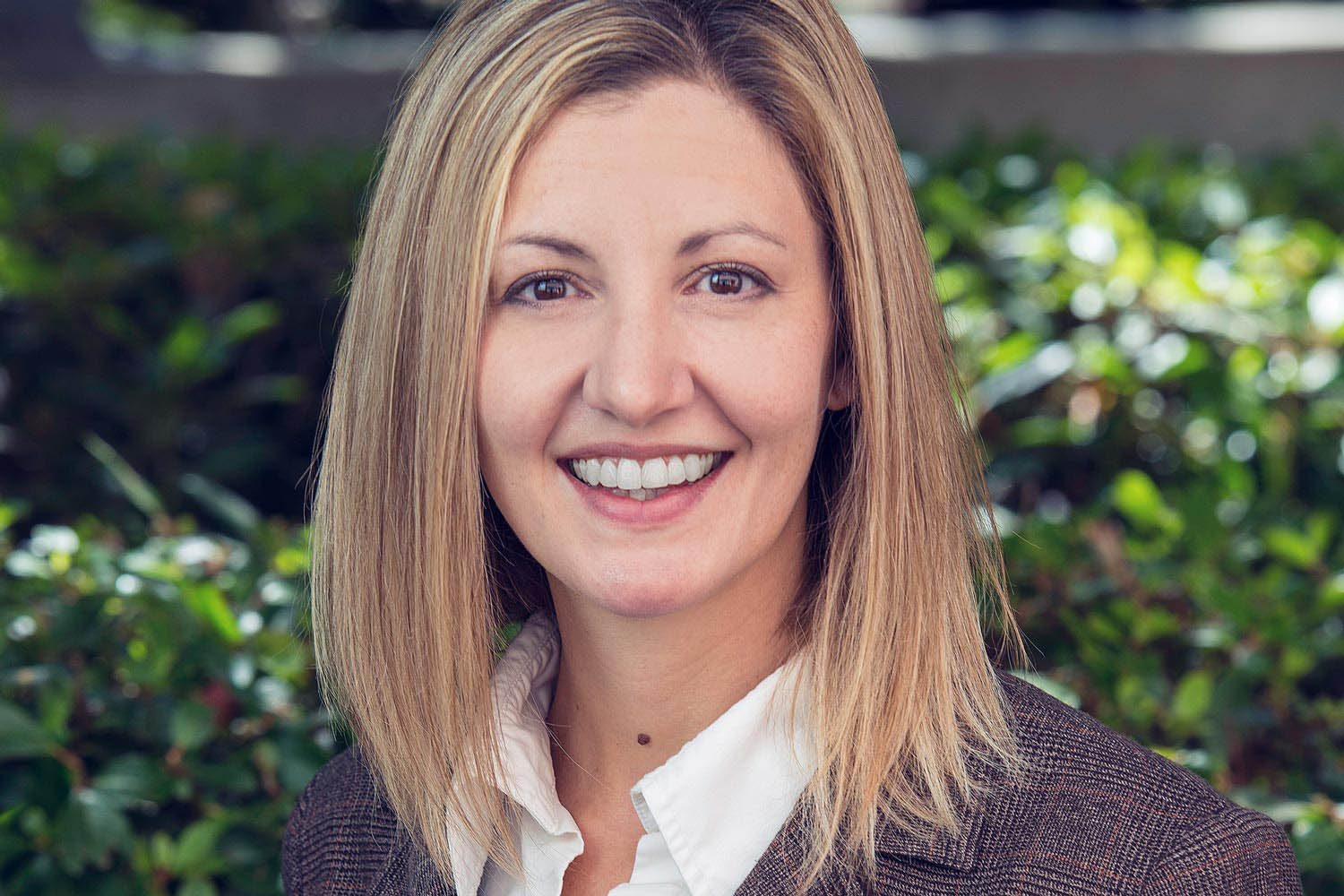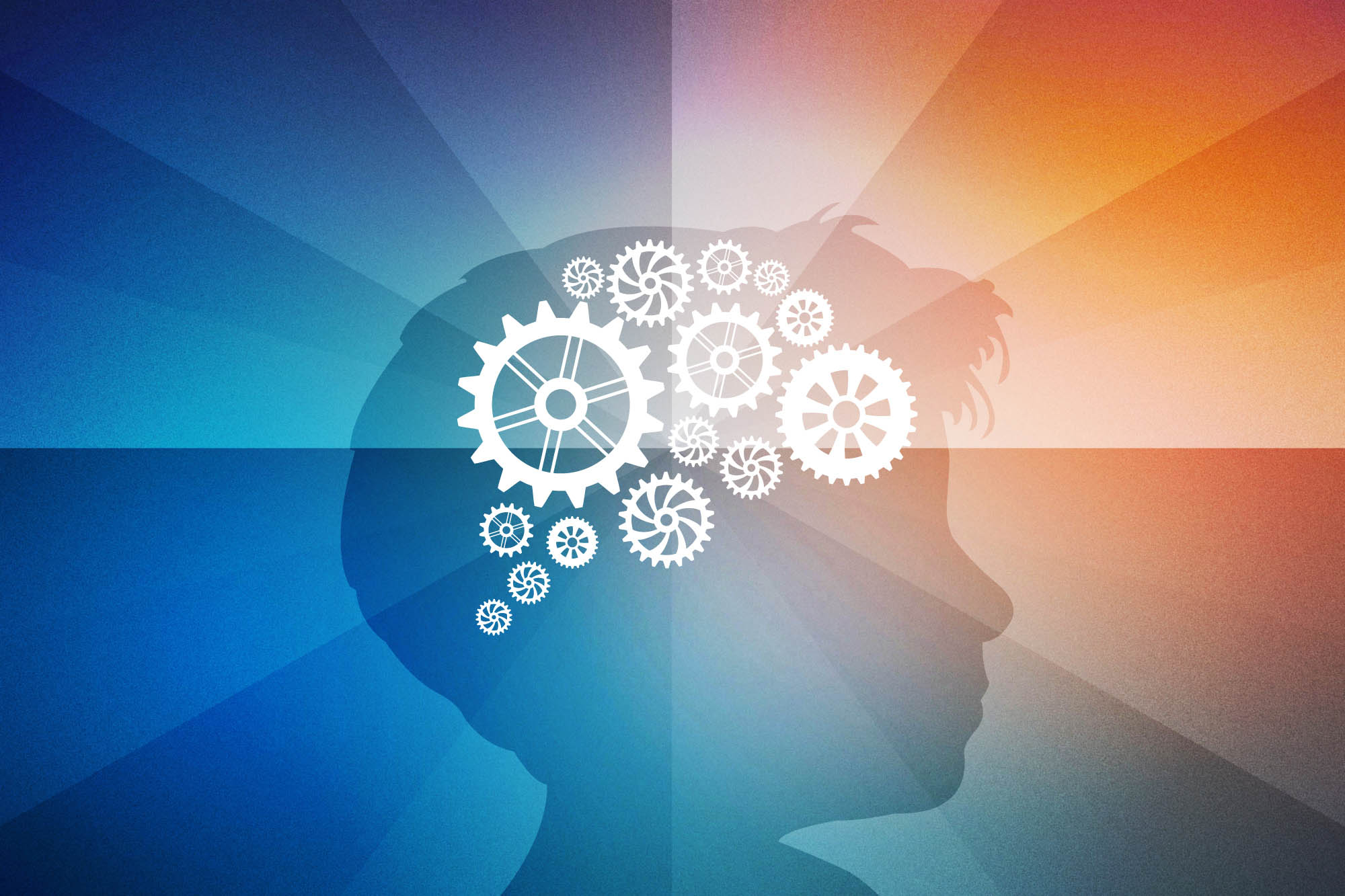When you’re solving a challenging math problem, you know your brain is working hard. But what, exactly, is going on in there? Despite decades of research into math teaching and learning, there is still much to learn about how specific brain functions are tied to math skills.
A new University of Virginia study aims to unlock that knowledge. Funded by a $3 million grant from the National Institute of Child Health & Human Development, the five-year study will examine brain data of elementary-age students to explore how memory systems support math learning.
Tanya Evans, who joined UVA’s School of Education and Human Development faculty in 2018, will lead the study in collaboration with Ian Lyons at Georgetown University. In the relatively new, interdisciplinary field of educational neuroscience, Evans studies brain data to understand the fundamental building blocks of how children learn.
“Some of our previous work points to behavioral evidence for memory systems supporting math skills, so this was a way to extend that into the brain domain and understand the mechanism by which that occurs,” she said.

Tanya Evans, a developmental cognitive neuroscientist, is a research assistant professor in the School of Education and Human Development. (Contributed photo)
Why study math skills in particular? Despite an abundance of research into how memory affects important early learning skills like language and reading, Evans said, the fundamental memory systems that underpin math learning are poorly understood.
Evans is part of the integrated Translational Research Health Institute of Virginia, or iTHRIV, a multi-institutional collaboration that facilitates health-related research across Virginia. The organization, where Evans holds a position as a scholar, focuses on connecting researchers with the resources they need to serve the needs of the commonwealth through interdisciplinary, team-based research. This work is also supported through the Supporting Transformative Autism Research initiative at UVA. Evans’ mentors as an iTHRIV scholar are Kevin Pelphrey, Harrison-Wood Jefferson Scholars Foundation Professor of Neurology, and Steve Boker, a professor of quantitative psychology, both of UVA.
“UVA is extremely collaborative,” Evans said. “The field I work in is incredibly interdisciplinary, so it’s important to have a supportive environment that lends itself to that collaboration and opens lines across schools. It’s quite easy for administration and bureaucracy to get in the way of collaborative science, but UVA does a great job of breaking down those boundaries.”
The study will focus on two key memory systems: declarative memory, or remembering facts, data and events; and procedural memory, a type of long-term memory related to performing tasks or skills, like riding a bike or tying your shoes.







.jpg)


